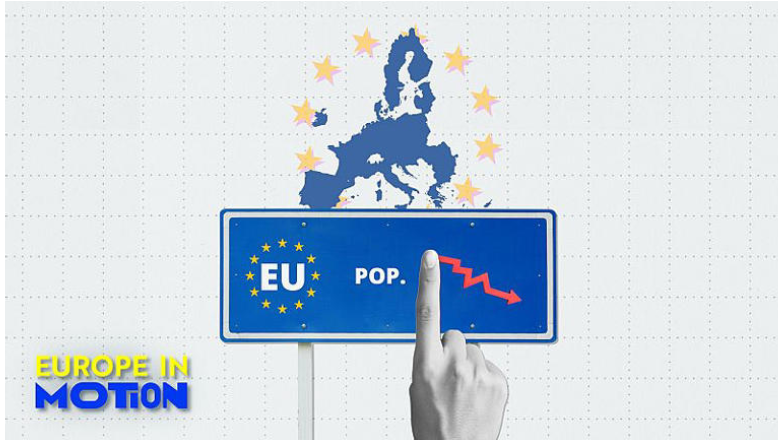The European Union (EU) is facing a serious skilled labour shortage. To fix this, the EU Commission has announced new plans to attract more skilled workers and keep Europe’s economy strong.
What Is the Skilled Labour Shortage in Europe?
Across Europe, industries like technology, healthcare, engineering, and construction are struggling to find enough trained and qualified workers. This shortage is slowing down economic growth and innovation.
The EU says the problem is caused by:
- An aging workforce
- Low birth rates
- Not enough local people trained in these sectors
What Is the EU Commission Planning?
The EU Commission has launched a new action plan to:
1. Attract Skilled Workers from Non-EU Countries:
They are simplifying visa processes and making it easier for skilled migrants to live and work in Europe.
2. Recognize Foreign Qualifications Faster:
Many skilled migrants face delays because their degrees or certifications are not recognized. The EU plans to fix this.
3. Invest in Training & Upskilling Locals:
The EU will provide funds for education and job training programs so European citizens can develop the skills needed for future jobs.
4. Improve Working Conditions:
By offering better wages, career growth opportunities, and worker protections, the EU hopes to keep skilled workers in Europe.
Why Is This Important for Europe’s Future?
Without enough skilled workers, Europe risks:
- Slower economic growth
- Delayed technological development
- Weak healthcare and essential services
The new strategy aims to create a sustainable, strong, and competitive Europe by fixing these gaps now.
Key SEO Keywords:
- EU skilled labour shortage 2025
- Europe skilled workers demand
- EU Commission action plan 2025
- Europe job opportunities for skilled migrants
- EU skilled migration policy
- EU foreign qualification recognition
- Europe workforce shortage solution
- EU economy and skilled workers
- Training programs in Europe 2025
- European Union labour market update
Stay updated on Europe’s workforce and immigration news!



